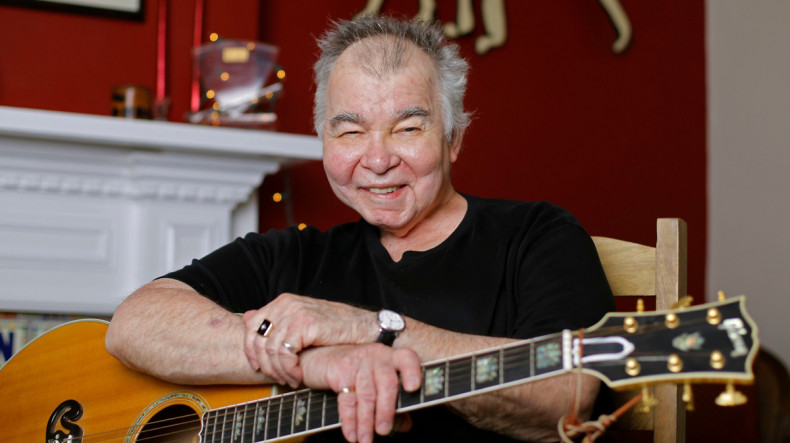
Grammy-winning singer John Prine dies of coronavirus complications
Grammy-winning singer John Prine, who wrote his early songs in his head while delivering mail and later emerged from Chicago’s folk revival scene in the 1970s to become one of the most influential songwriters of his generation, died on Tuesday. He was 73, Reuters reports.
Prine was hospitalized in Nashville on March 26 suffering from symptoms of COVID-19, the respiratory disease caused by the novel coronavirus, according to his wife, Fiona Whelan Prine, who was also his manager.
A publicist for Prine confirmed his death due to complications from COVID-19 at Vanderbilt University Medical Center in his adopted hometown of Nashville.
Born in Chicago on October 10, 1946, to William Prine and Verna Hamm, both originally of Kentucky, Prine was taught by his older brother David to play guitar at the age of 14 and attended music classes at the Old Town School of Folk Music.
After graduating from high school in suburban Maywood, Illinois, Prine worked as a mail carrier for five years, performing in Chicago clubs in the evenings at occasional “open mic” nights.
He would say later that some of his best-known early songs were written while he walked the streets of Chicago delivering mail.
He was drafted into the U.S. Army in 1966, stationed in Germany during the Vietnam War, before returning home to dedicate himself to music and establishing himself as a leading member of Chicago’s folk revival scene.
Singer-songwriter Kris Kristofferson fatefully saw Prine performing at the Earl of Old Town club, leading to Prine’s signing with Atlantic Records and self-titled debut album, released in 1971.
That album, widely praised by critics, contained several songs that would become staples of Prine’s catalog.
They included “Angel from Montgomery,” about a woman wishing for deliverance from her unfulfilling life, “Paradise,” about a Kentucky town devastated by strip mining, and “Sam Stone,” chronicling the downward spiral of a drug-addicted Vietnam War veteran and containing the oft-quoted refrain: “There’s a hole in daddy’s arm where all the money goes, Jesus Christ died for nothin I suppose.”
The songs have since each been covered dozens of times by other artists.
Newsfeed
Videos






























